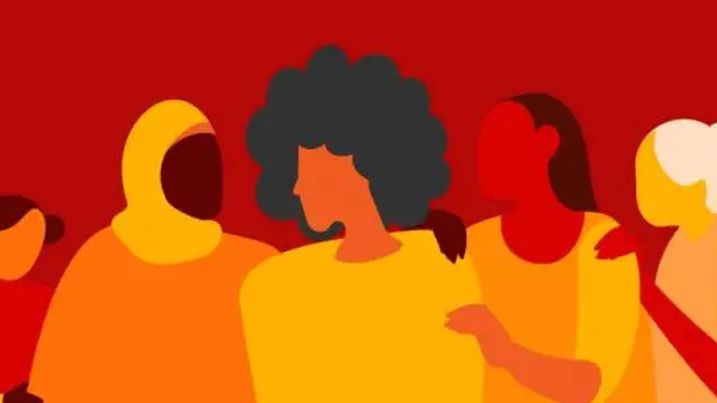One woman blesses another – Day 10


Se(di)ngolwa (t)sa Bibele
LUKA 1
Tsebiso ya tswalo ya Johanne Mokolobetsi
LUKA 1
Maria o etela Elisabetha
1. The picture many of us have of Elizabeth is that of a barren woman whom God makes fruitful in her old age. We sense that she was shamed into silence by a society that sanctioned motherhood as the primary source of honour for a woman. But, if listen carefully to the text, we will hear that Elizabeth’s worth is not only in her womb, but also in her voice and ‘priestly’ hands. Luke makes a point of mentioning that, like her husband Zechariah, Elizabeth also descends from a priestly line.
(a) What do you think about this reversal: Because Zechariah hesitated to believe that Elizabeth could “bear him a son” (Lk1:13-18) he was shamed into silence (19-22) while Elizabeth’s disgrace was “taken away” (Lk1:25) and she had to speak publically on behalf of her husband?
(b) Elizabeth speaks up and names her son because the father who is, culturally speaking, the only one allowed to name a boy child, could not speak. (Lk1:61-63). Note the circumstances under which Zechariah’s voice returned (Luke 1:61-64).
2. Elizabeth says to Mary, “Blessed is she who has believed that what the Lord has said to her will be accomplished” (Lk1:45).
(a) Compare Zechariah’s response upon hearing that his wife, who was “well on in years”, will give birth to a son (1:18), to the response of Mary (1:38), who was a virgin when she heard that she “will be with child and give birth to a son”.
(b) Note that it is Elizabeth who pronounces a blessing upon Mary, and not her priest husband, whose voice had been silenced by God. What are your thoughts?

